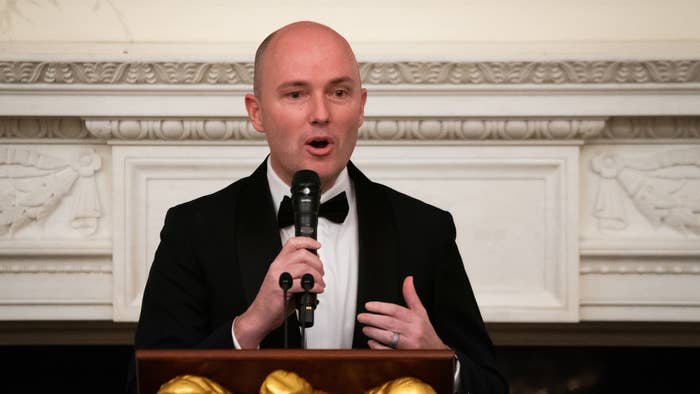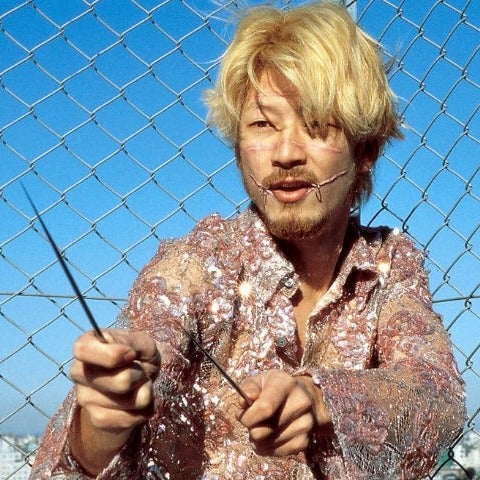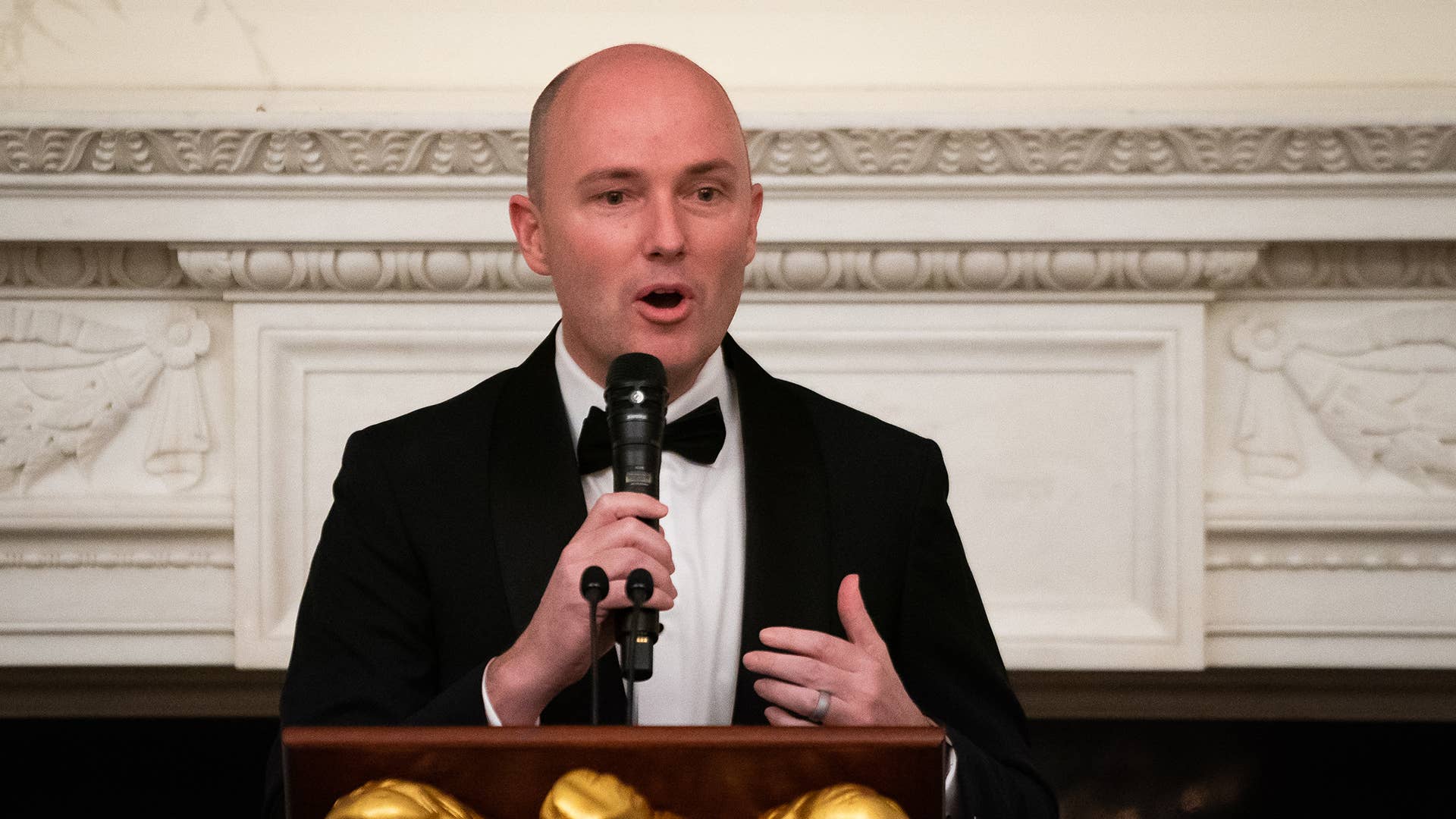
Utah’s Republican governor Spencer Cox signed the Utah Social Media Regulation Act into law on Thursday, which implements a social media curfew for children in the state.
Per The New York Post, the move makes Utah the first U.S. state to pose restrictions on social media for children, impacting not just TikTok but other platforms such as Snapchat and Instagram. The laws are set to go into effect in March 2024, and will forbid those under the age of 18 from using social media between 10:30 p.m. and 6:30 a.m. every day. The legislation will also require anyone under 18 to get parental consent to create an account on any social media platform, meaning the companies behind them will be forced to give parents access to their children’s accounts in an effort to monitor the content they consume.
Cox said that the act will block many of the social media companies from targeting children with advertising, and implementing features designed to keep them on the app as long as possible. “We’re no longer willing to let social media companies continue to harm the mental health of our youth,” wrote Cox in a tweet (ironic) shared on Thursday. “Utah’s leading the way in holding social media companies accountable — and we’re not slowing down anytime soon.”
The laws are among the most sweeping to impact social media in recent years, and social media companies are expected to file lawsuits against the state. Instagram parent company Meta shared a statement on the matter, stressing the importance of keeping teens “safe online,” but highlighting the parental controls already present on its platforms.
“We’ve developed more than 30 tools to support teens and families, including tools that let parents and teens work together to limit the amount of time teens spend on Instagram, and age verification technology that helps teens have age-appropriate experiences," said a Meta spokesperson. “We automatically set teens’ accounts to private when they join Instagram, and we send notifications encouraging them to take regular breaks."
The new laws come not long after TikTok CEO Shou Zi Chew testified before Congress and was grilled about the security of the app, and how it can prevent children from seeing harmful content.

